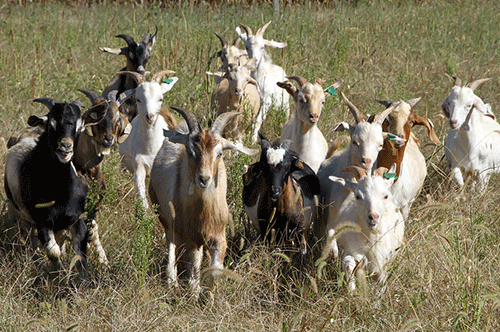KONGOLA – Stock theft and timber smuggling remain a major challenge in Sibbinda and Kongola constituencies as local farmers lose livestock which is often driven into neighbouring Zambia through the thick unguarded border.
Sibbinda councillor Mickey Lukaezi confirmed stock theft is a serious challenge as the constituency is bordering Zambia where stolen livestock is driven by cattle rustlers to be sold in the black market.
“We have a problem of stock theft. Every now and then we are losing our animals. When we report to the police, they talk about their mobility and that they have fewer cars. They say their cars are worn out. Our border is not patrolled. You will find our timber is going to Zambia every day while we are not allowed to harvest it,” Lukaezi raised concern.
He said due to the thick bush which lies along the border between the two countries, cattle rustlers find it easy to steal the livestock and drive them into Zambia.
Lukaezi maintained criminals are also taking advantage of illegally harvesting timber from Namibia into neighbouring Zambia via ungazetted entry points.
According to him, one cannot even realise that it is the Katima-Kamenga border [Namibia-Zambian border] due to the thick forest.
“You can go and cut trees for your house, and no one will know. So, Zambians pull our timber and go sell. There are no police officers to patrol. The last time I was there, I found three police officers. Our resources are going daily and we don’t know what to do. There is a camp but the police say they can’t go further to the border as they don’t have vehicles. There are no villages on that side. The bush is thick. They come and steal cattle and timber here and go. I even raised that we need to work on our border,” he said.
Kongola constituency, which also lies on the Zambian border, is not spared from illegal activities. The constituency councillor Benett Busihu said stock theft remains a challenge in the vast area bordering Zambia.
“If you go there at the border, it’s thick. These criminals use the thick bush to steal our cattle. We inform the police but they can’t get these cattle rustlers,” Busihu noted.
He said cattle rustlers can even drive away the whole kraal from farmers into Zambia.
“Farmers are losing a whole kraal or all the oxen as these criminals target what is good for the market,” says Busihu.
Sometimes, with the collaboration of the community, the police with their Zambian law enforcement officials manage to recover some of the stolen livestock and return it to their rightful owners.
Sadly, he said, Zambians charge hefty fees before returning the livestock to owners apparently for looking after them.
“The Zambians charge a fee for allegedly keeping the livestock. For one week, they have been looking after the animals, they can even charge up to N$7 000. We suspect these people are trying to benefit from our local farmers. We also suspect it is the same criminals who steal and then claim ransom,” the councillor charged.
Busihu said they are engaging traditional authorities to meet their Zambian counterparts to try to solve the issue.
He cautioned farmers not to leave their livestock unsupervised while grazing.
Zambezi police spokesperson Kisco Sitali said the issue of the Katima Mulilo-Kamenga border is known that it stretches over 100km, which makes it difficult to patrol.
“The area is bushy. There is no access road from Katima to Kamenga border. We are aware of those cases. There are a number of cattle that used to be driven into Zambia. With the assistance of our Zambian counterparts, we do manage to recover some livestock and have them returned to owners,” Sitali indicated However, he admitted the recoveries of livestock remain low compared to those stolen. “Sometimes, they take the animals forcefully from our cattle herders and drive them through the thick bush. This happens both day and night. Farmers should continue branding their livestock. They should ensure they employ cattle herders with national documents,” he cautioned.
Sitali said the police are in consultation with traditional authorities in the region to regulate the black market of beef sold under the trees in villages and alongside the Kongola-Katima Mulilo main road.
“We suspect some of the stolen animals are sold through such syndicates,” he said. –anakale@nepc.com.na


